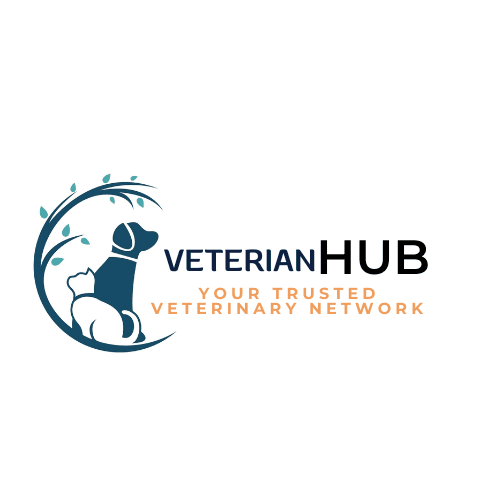Currently Empty: ₨ 0
📖 Introduction
Pet nutrition is the foundation of a long, healthy, and happy life 🐶🐱🦜. Unfortunately, many pet owners unknowingly make mistakes when it comes to feeding their pets, which can lead to obesity, malnutrition, and serious diseases. In 2025, awareness about pet nutrition is more important than ever. This article explores the top 10 nutrition mistakes pet owners make, with vet-approved advice on how to avoid them ✅.
🍽️ Mistake #1: Overfeeding Pets
Overfeeding is one of the most common mistakes. Many pet owners show love through food, but this often leads to obesity, diabetes, and heart problems. Portion control and vet-approved feeding guidelines are essential.
🍔 Mistake #2: Feeding Human Food Regularly
Human foods like chocolate, onions, garlic, grapes, and fried foods can be toxic ☠️ for pets. Even small amounts can cause vomiting, organ damage, or even death. Stick to pet-safe foods only.
🐕 Mistake #3: Ignoring Breed-Specific Diet Needs
Different breeds have different dietary needs. Large dogs may need joint-supporting nutrients, while smaller breeds require calorie-dense food. Ignoring breed-specific nutrition often leads to deficiencies or excess weight.
🥩 Mistake #4: Not Providing Enough Protein
Pets, especially dogs and cats, are carnivores and need protein for muscle growth, immune function, and energy. Low-protein diets can result in weakness, poor coat health, and slow recovery from illness.
💧 Mistake #5: Lack of Fresh Water
Many owners forget the importance of hydration. Pets need constant access to clean, fresh water 💦. Dehydration can cause kidney damage, urinary issues, and fatigue.
🍪 Mistake #6: Overuse of Treats
Treats should not make up more than 10% of your pet’s diet. Overfeeding treats leads to obesity, tooth decay, and poor appetite for balanced meals.
🩺 Mistake #7: Skipping Vet-Approved Diet Plans
Some owners rely only on internet advice instead of consulting vets. Every pet is unique, and a vet-approved nutrition plan ensures balanced growth and disease prevention.
🌾 Mistake #8: Ignoring Food Allergies
Pets can develop allergies to ingredients like wheat, corn, soy, chicken, or dairy. Common signs include itching, ear infections, diarrhea, and vomiting. Ignoring allergies worsens health issues.
🥫 Mistake #9: Using Cheap/Low-Quality Pet Food
Budget pet food often contains fillers, artificial flavors, and low-quality meat byproducts. Feeding such food long-term may cause malnutrition and chronic diseases.
⚖️ Mistake #10: Not Maintaining a Balanced Diet
Some owners stick to one type of food without balancing nutrients. Pets need proteins, fats, vitamins, minerals, and fiber. A balanced diet prevents deficiencies and supports long-term health 🐾.
🩺 Vet Tips for Better Pet Nutrition
✔️ Follow vet-recommended feeding guidelines
✔️ Use high-quality commercial pet food or vet-approved homemade diets
✔️ Regularly monitor your pet’s weight and adjust portions
✔️ Provide constant access to clean water
✔️ Introduce dietary supplements only with vet approval
✔️ Schedule regular vet check-ups to track nutrition-related health issues
❓ Frequently Asked Questions (FAQs)
Q: Can pets eat homemade food every day?
A: Yes, but only if it’s a vet-approved recipe ensuring balanced nutrition.
Q: How do I know if my pet is overweight?
A: You should feel ribs without pressing hard. If not, your pet may be overweight.
Q: Are grain-free diets good for pets?
A: Not always. Some pets do well on grain-free diets, but they must still be balanced.
Q: How often should I feed my pets?
A: Dogs usually need 2 meals a day, cats may need smaller frequent meals, and birds require continuous access to food.
🔚 Conclusion
Proper nutrition is not just about feeding pets — it’s about feeding them right ✅. Avoiding these top 10 mistakes will help ensure your dog 🐶, cat 🐱, or bird 🦜 lives a long, healthy, and happy life. In 2025, with growing awareness and access to quality pet food, every pet owner has the opportunity to give their furry or feathered friend the best care possible ❤️.


